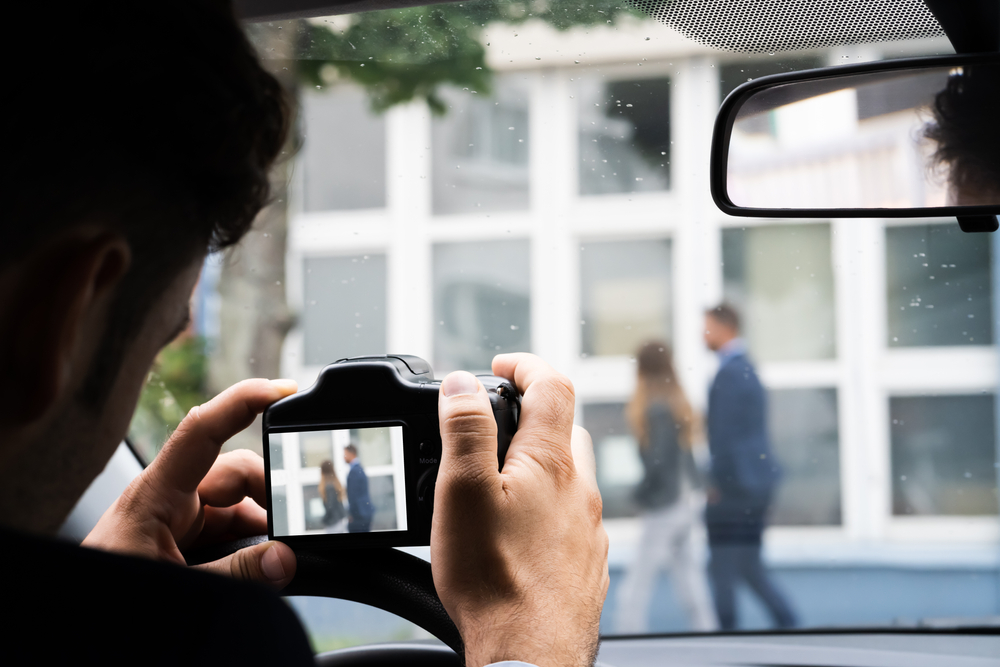Divorce is a challenging decision, often driven by a multitude of reasons, some of which can be emotionally taxing. In certain instances, pursuing a divorce might lead to disturbing behavior from your spouse. But can you legally record your spouse to gather evidence of harassment or other issues? In this article, we delve into the boundaries of recording your spouse and explore whether it is lawful in California.
Recording Your Spouse for Evidence: California Privacy Law
California is what’s known as a “two-party state” when it comes to recording conversations. In this context, both parties involved in a conversation must give their consent for any recording to be considered lawful. California Penal Code §632 governs the recording of confidential communications in the state, making it a crime if both parties do not consent to the recording.
Confidential communications typically include private conversations like phone calls but do not extend to public settings such as hotel lobbies or parks. Attempting to secretly record your spouse could lead to severe legal consequences, including:
- A fine of up to $2,500.
- A potential jail sentence of up to one year.
- Civil penalties amounting to $3,000 or three times the actual damages caused by the secret recording.
As evident, engaging in secret recording can carry significant risks.
Recordings as Evidence in Divorce Proceedings
California generally prohibits the use of illegally obtained recordings as evidence in court. However, there are some exceptions. In certain situations, secret recordings may be allowed to impeach a witness or to trigger the recollection of a conversation or event. Nevertheless, during divorce proceedings, there is usually little need to pursue this route.
California operates as a “no-fault” divorce state, meaning that proving your spouse’s fault is not necessary to obtain a divorce. Consequently, collecting evidence to demonstrate your spouse’s questionable actions may have limited impact on the outcome of your divorce.
Moreover, while the information shared with your California divorce attorney remains confidential, introducing an illegally recorded conversation into the legal process can complicate matters. Illegal recordings cannot serve as direct evidence, but they typically must be handed over to the opposing party during the discovery phase of litigation. This means that even if you believe you’ve covertly recorded your spouse, you may end up notifying them and their attorney about your potentially illegal recording activities.
Seek Legal Guidance for Your California Divorce
If you’ve made the difficult choice to pursue a divorce, it’s crucial to consult with an experienced California divorce attorney who can guide you through the process. Working with an attorney ensures that your rights are protected and helps you avoid actions that may be illegal.
For those in need of assistance, a free family law consultation can be secured by contacting (619) 234-6123 or visiting the website at https://jwbfamilylaw.com/.
Watch the video below for details!






